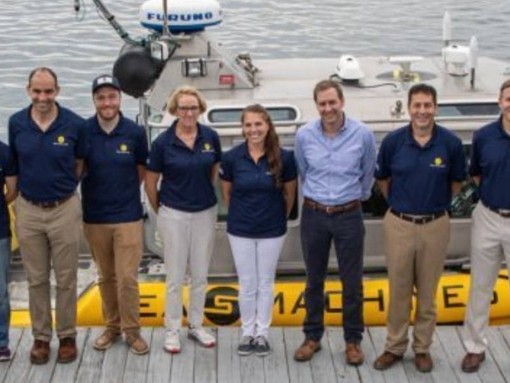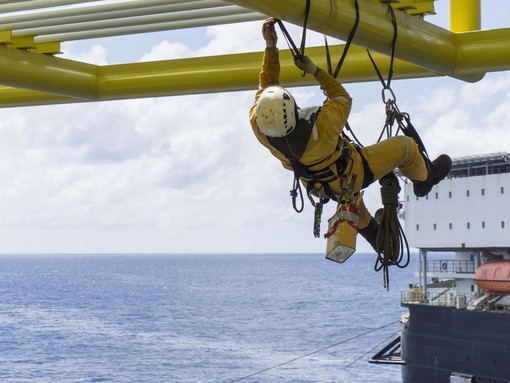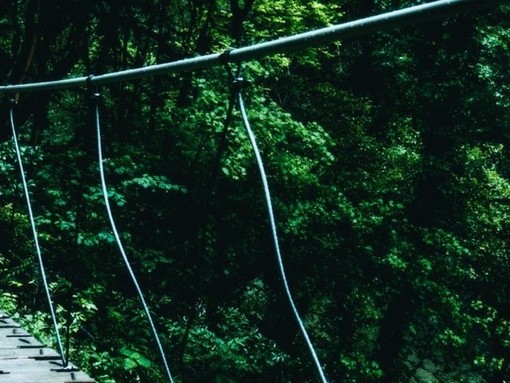
Wild Bat Handlers Wanted: The weird and wonderful world of ecology
There are few jobs quite like that of an Ecologist. They study for years to become highly respected experts in their field, developing an extensive knowledge of organisms and their environments.
But ask them what they have done on any given working day and the answers can range from working in a lab studying data all day, to spending their time climbing trees and caves to inspect wild bat colonies. They could even be on our coastlines researching the impacts of pollution on marine life. There aren’t many jobs out there that can compete when it comes to variety.
So, what does an Ecologist do?
Strictly speaking, Ecologists study ecosystems and the behaviour, diversity and abundance of organisms within them. But that doesn’t paint the entire picture. They are bastions of the environment. They protect all the environmental wonders that we have and educate us as to how we can maintain and even grow existing ecosystems. Ultimately the goal of ecologists is the continuous learning and understanding of how nature works, to help minimise the effects of our activities on other species and the planet. As with most careers, there will be highs and there will be lows but as ecology develops we can shift the balance in favour of those highs.
Great Success
Ecologists have been responsible for a number of achievements within the natural world but there are a few standout accomplishments. One of the most famous examples of ecological success can be seen in the worlds Ozone layer. Many of us will remember the continued dire warnings in the news about the Ozone hole and the destruction of our atmospheric shield due to the increasing use of ozone-depleting substances such as CFCs and halocarbon refrigerants.
But why don’t we hear much about this impending disaster anymore? A huge political effort worldwide has led to the phasing out of ozone-destroying agents. Thanks to the efforts of ecologists, politicians and activists, the hole has ceased growing and has in fact begun to reduce to the point that in 2019 NASA scientists declared that the ozone hole is at its smallest since it was first observed in 1982.
Ecologist jobs in the UK
Whilst the UK isn’t known for its tropical climates we still have a vast biodiverse population and a wide range of ecosystems that will benefit from increased study and further protection. Currently, as our population continues to grow and we look for innovative engineering feats to improve our everyday lives, we often forget to step back and analyse the impact this can have on our native biosphere. But this is the job of the Ecologist. To step back from the noise and analyse the scientific data to best address the concerns and impacts all of this innovation can have.
Currently at Morson, we are looking for licensed bat worker, to support ECoW work with a bat licence who are able to support HS2 Ecology Contracts on a regular basis.
It’s fair to say this isn’t your usual 9 to 5 role. But a role that certainly matches the position held by the British Ecological Society, “We are committed to making the best scientific evidence accessible to decision-makers.”




